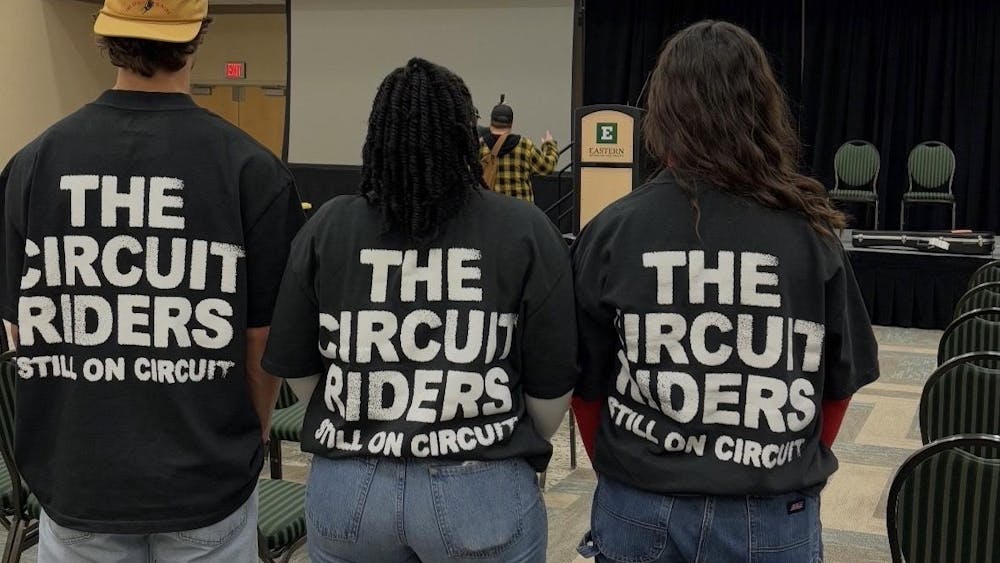Over the years, I have met many students who were wondering about choosing a major, while others had already decided on that. There were yet others pondering about benefitting the most from choosing a minor. This article is about the undecided – major and minor – and those who have already decided on a minor. I argue that in order to benefit the most from a minor, one may easily translate it into a second major. Indubitably, a single major with a minor is no match for a double major in terms of job prospects, higher salary expectations and opportunities for graduate studies with financial support.
With my double major in physics and mathematics fortified by statistics, I had the flexibility to do my graduate degree in physics, mathematics or statistics. I chose physics. Several years later, I did my M.S. in nuclear engineering at North Carolina State University. Years later, I received my Ph.D. in economics from the University of Kentucky. I could explore for my most befitting career only because of my diversified undergraduate education.
Over the period from March 2005 to November 2012, I served as a columnist for two English dailies in Bangladesh and published over 450 op-ed articles. Of course, my academic exposure to economics in addition to science and engineering was most complementary in writing newspaper columns.
At any American university, including Eastern Michigan University, having a major and a minor combination is most common, although there’re some students at EMU and elsewhere who would rather pursue a double major. Pursuing a double major could be somewhat daunting – especially because it may involve the opportunity cost of investing more time in school and of course, paying additional tuition and fees. The pertinent question, then, is whether a double major is worth the opportunity cost.
Obviously, having double majored offers the opportunity to land employment in both majors – possibly with a higher starting salary compared to a graduate with a single major.
A double major has the flexibility to either field for postgraduate study – capitalizing on private sector employment trends. For example, a double major in economics and mathematics qualifies you to apply for a job in one area if the opportunity in the other area lessens.
Being a double major, you can benefit from increasing competition to qualify for admission and graduate assistantship or fellowship to pursue your post-graduate studies. For example, any double major combination out of economics, mathematics or philosophy is more likely to advance your chances for admission into a reputable law school or MBA program, since students majoring in these three fields are top score achievers in LSAT and GMAT. You also have the flexibility to apply for admission in both of your major fields and then pick the one that best meets your career goal and expectations.
Undergraduate education can be stressful given that you have to complete a required number of gen-ed courses and then the required credit hours for major and minor. Having a double major eliminates the requirement of a minor. Better yet, if you have already decided on a minor you can convert it to a second major by taking three to four more courses. For example, regardless of your major (e.g. mathematics, physics, political science, history or philosophy, etc.) with economics as a minor, you can convert it to an economics major by taking three more courses worth nine credit hours. This is so because majoring in economics requires 30 credit hours while a minor is satisfied with 21 credit hours in economics. So all one needs is three more courses to complete a double major.
One way to speed up the completion of course work and receive your degree with double major in four years is to finish the prerequisites of both majors in your freshman year to the extent possible.
You may also save time and money by taking courses that overlap and count credit hours for both majors.
Writing about the double major program at the University of Pennsylvania, Jessica Lu writes “Among the hundreds of degrees offered at Penn since 1740, dual degrees have become part of Penn’s lifeblood. Today, nearly one in every 10 undergraduates has signed up to go dual, taking as little as three years or as many as six to complete their studies.”
Lu claims that over the last three decades, more than 4,000 alumni left Penn with a dual degree, and as of 2012 there were 898 undergraduates who had their footprints in two schools.
In today’s shrinking job market coupled with increasing domestic and global competition and, of course, a slow-growing economy, pursuing a double major seems more promising on both job prospects and higher education. It is therefore no surprise that the University of Pennsylvania is marching ahead with dual degree programs.
Abdullah A. Dewan is a professor of economics at Eastern Michigan University.








